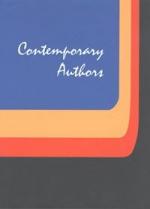|
This section contains 8,002 words (approx. 27 pages at 300 words per page) |

|
SOURCE: “Husserl and The Mastery of Nature,” in Telos: A Quarterly Journal of Critical Thought, No. 5, Spring, 1970, pp. 82-97.
In the following essay, Leiss discusses the relevance of Husserl's thought to the problem of how we understand science, the natural world, and the relation of the two, especially with regard to the concept of “mastery over nature.”
A morality, a mode of living tried and proved by long experience and testing, at length enters consciousness as a law, as dominating—and therewith the entire group of related values and states enters into it: it becomes venerable, unassailable, holy, true; it is part of its development that its origins should be forgotten—that is a sign it has become master.
Nietzsche1
The idea of “mastery of nature” is a familiar theme in the intellectual history of the modern West. This and related phrases—the domination of nature, the conquest...
|
This section contains 8,002 words (approx. 27 pages at 300 words per page) |

|


